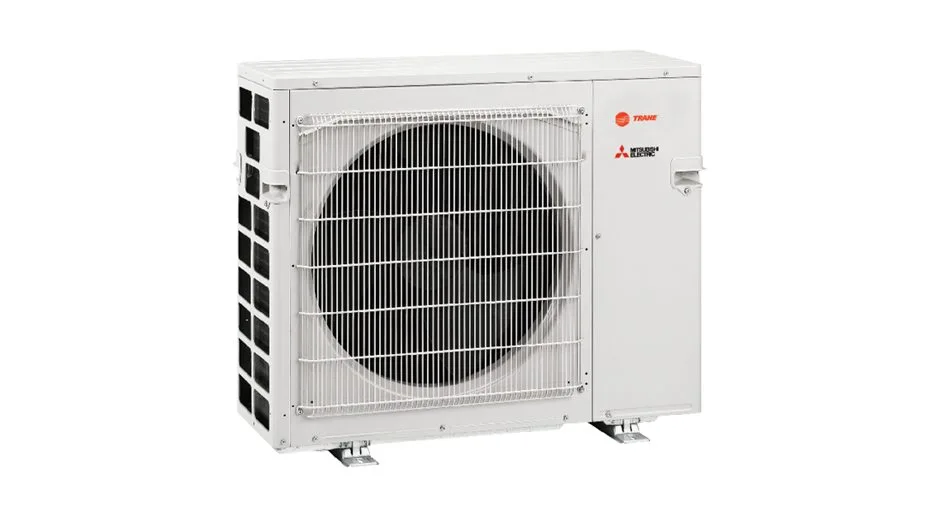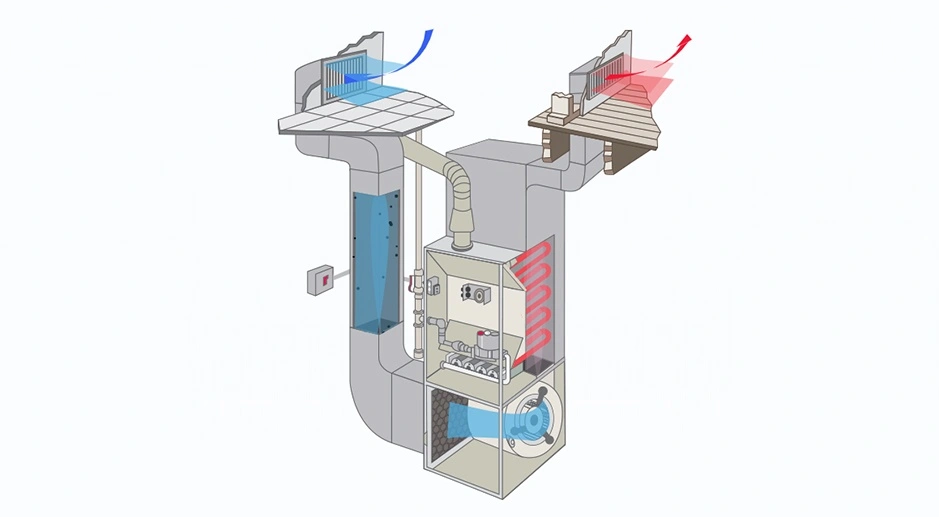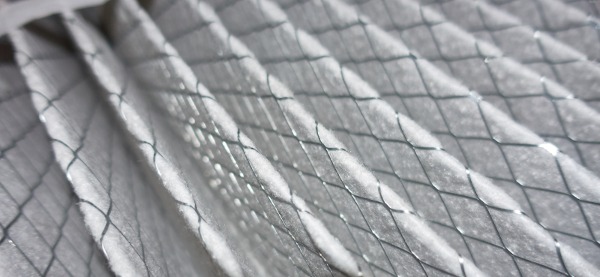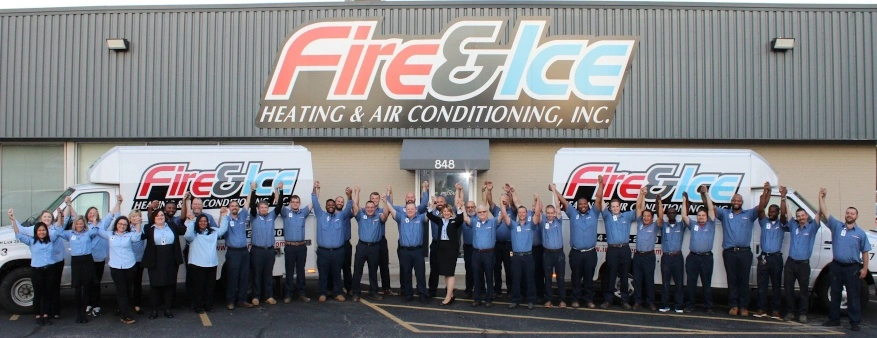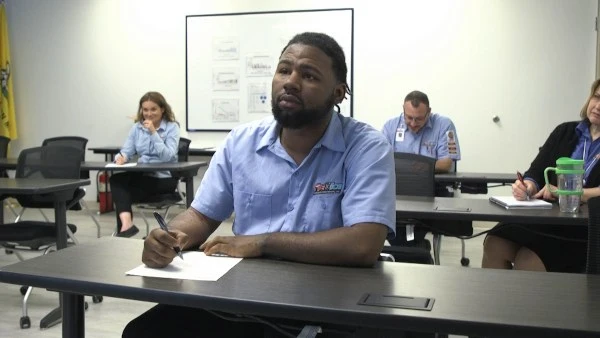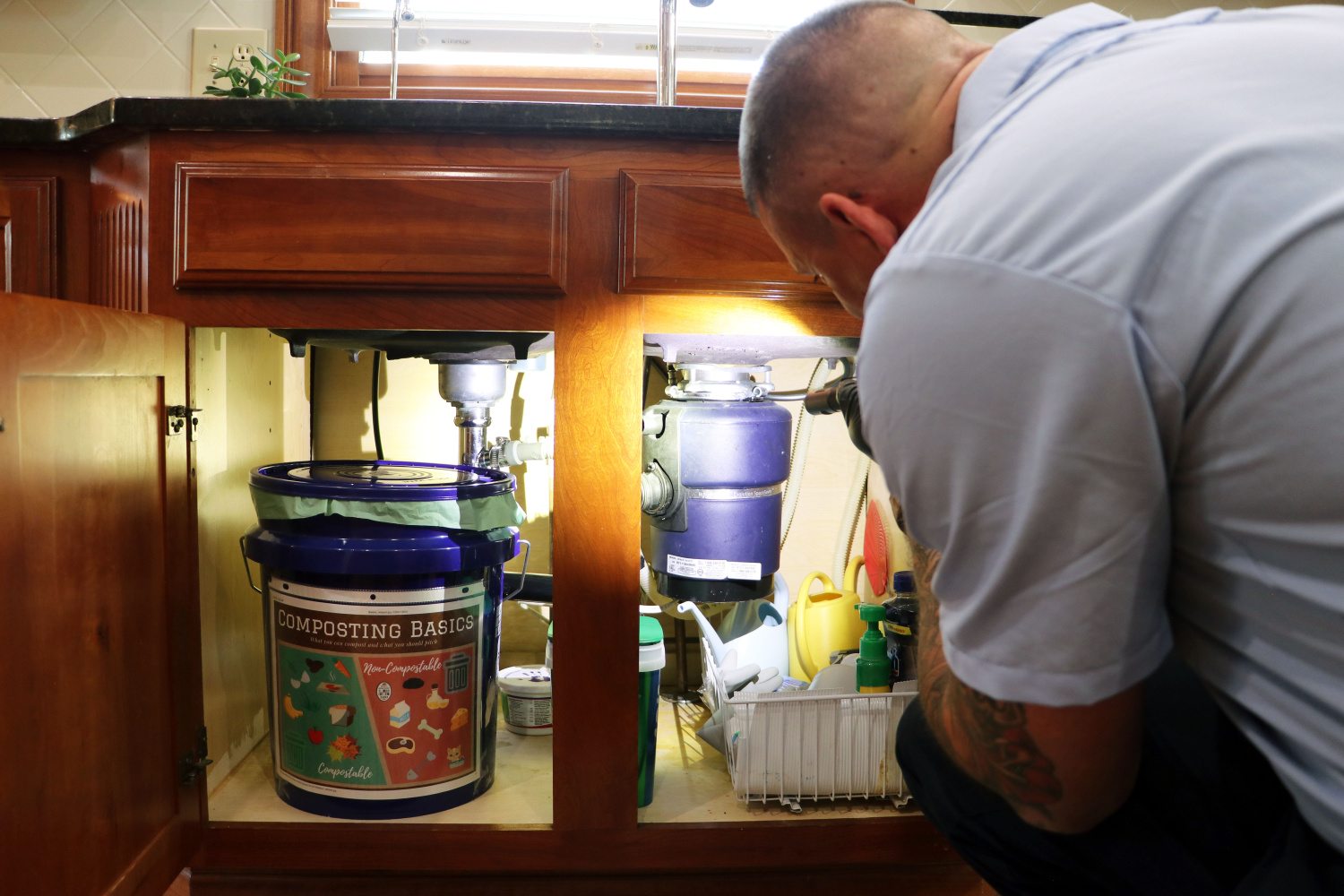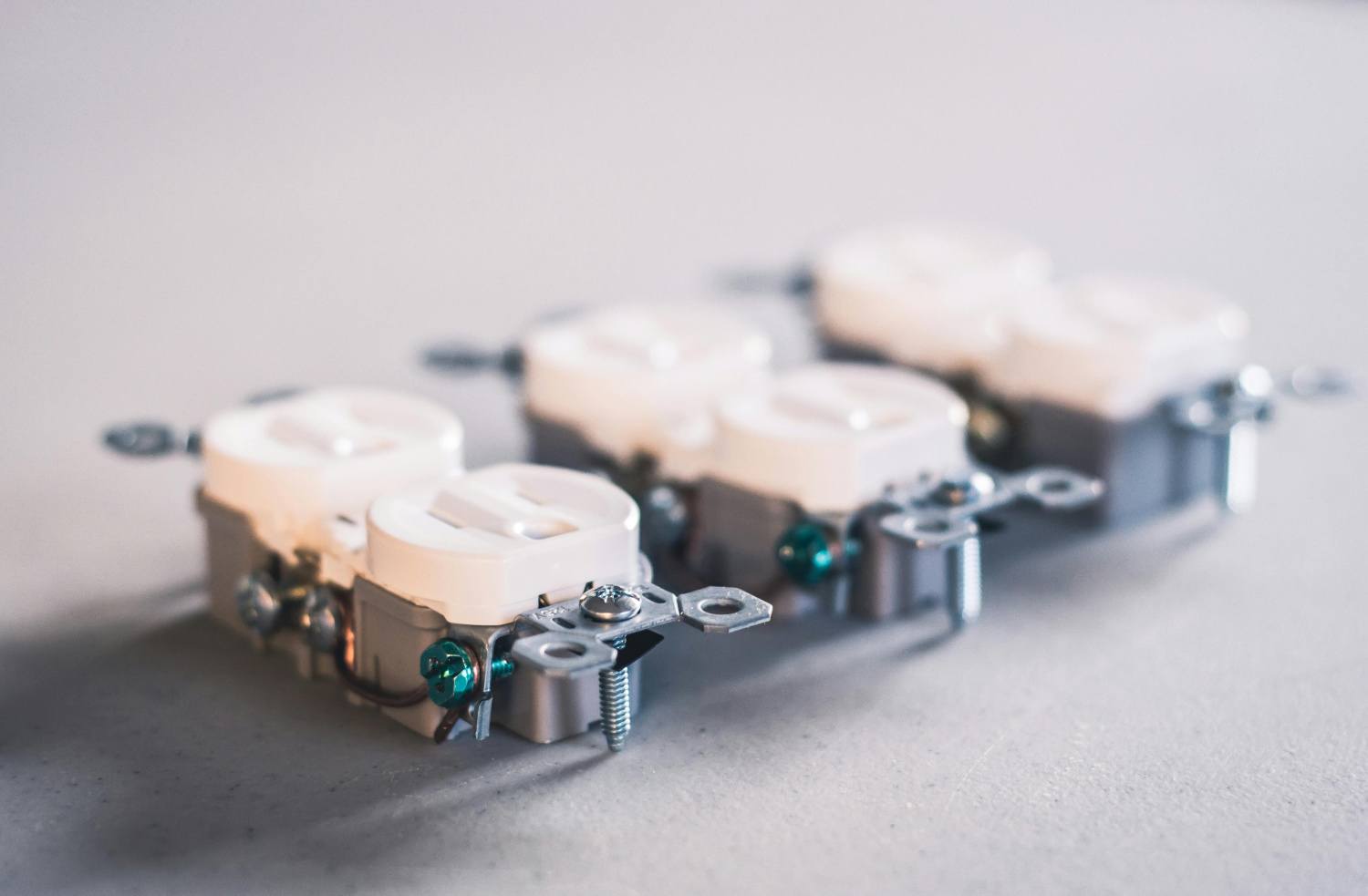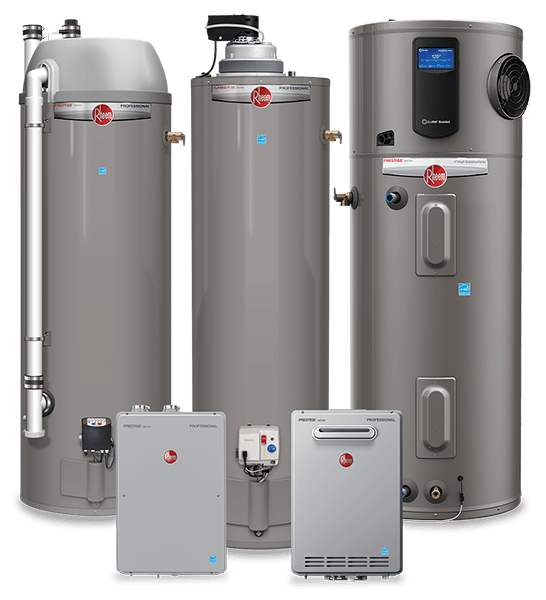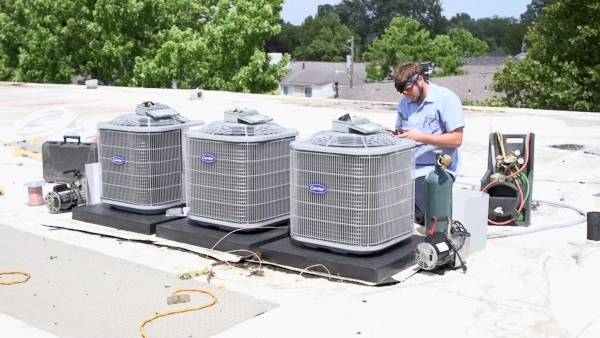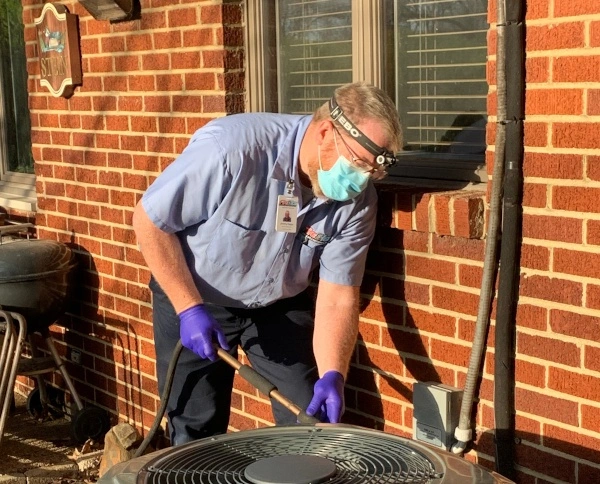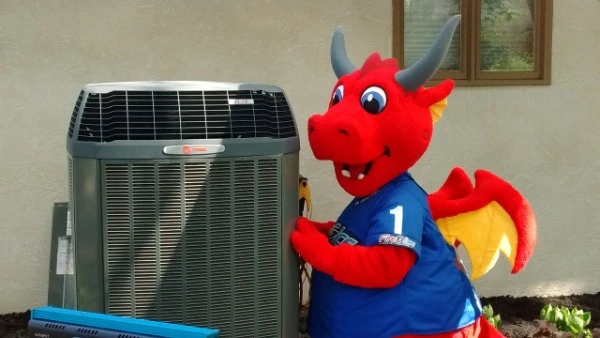
Revised:
July 14th, 2022
At what point does your air conditioner stop keeping you cool? In this video, we’ll talk about why your air conditioner is struggling to keep up.
Hello, my name is Bryan, and as a residential HVAC sales professional, one of the most common questions I get asked in the summer is why can’t the temperature inside my house get down any lower. Is my air conditioner broken? The answer is no, but you’ve likely reached your system’s upper limit. In this video, we’ll go over why that is and some strategies to help your air conditioner keep up.
Why Do Air Conditioners Struggle to Cool?
Believe it or not, every air conditioner and heat pump has an upper limit on its performance. We won’t go into all the calculus, but it’s the maximum outdoor temperature your system can still correctly cool. As a general rule, an air conditioner can keep your home 15 to 25 degrees below the temperature outside. So when the temp gets to be 95 degrees out, your indoor temperature will never go below 70 degrees. And that’s not even guaranteed. So keeping your home at 65 degrees on the hottest summer day is virtually impossible. And constantly lowering the temperature on the thermostat isn’t make you feel any cooler. All it's doing is making your air conditioner run longer and produce air at 70 degrees the entire time resulting in wasted energy and putting undue stress on your already stressed system.
What Factors Impact Air Conditioner Performance?
Let’s take a second and discuss some factors that contribute to making your home hot and your air conditioner not performing at its full potential.
First, the system is undersized. An undersized system will seem like it's on all the time and not make the house feel any cooler. And conversely, oversized systems won’t help either because they’ll likely short cycle, causing the system to turn off and on repeatedly and not adequately mix the air inside the home.
Another reason is the unit wasn’t installed correctly. Static pressure, poorly sized ductwork, and a system with leaking refrigerant can result in a lackluster performance, especially noticeable on those dog days of summer.
The third reason has to do with a dirty air filter. A dirty filter can restrict airflow through your HVAC system resulting in a drop in performance and making your already struggling system work even harder.
The last major factor has to do with your home’s construction and the insulation in the house. Your home naturally gets hot as the sun comes through the windows and the hot outdoor air seeps through the walls. Therefore, homes with multiple windows facing the sun or with walls with poor insulation will experience higher indoor temperatures that your air conditioner will need to try to account for.
How can you help your air conditioner?
Now that we know why our house is so hot and our air conditioner is struggling, let's look at how we can help it keep up.
Let’s start with the easy stuff. As we mentioned earlier, the sun is a major factor in how hot it gets inside our house. Blocking sunlight from coming in with curtains or drapes can drastically lower the indoor temperature. For best effect, close the drapes in east-facing windows in the morning and west-facing windows in the evening.
The second solution is to create zones in your home. We cover zoning in more detail in another video, but it's done using dampers, temperature sensors, ductless mini-splits, or a combination of the three to drastically reduce the burden on your air conditioner and help distribute the cooler air where you need it most. Ductless mini-splits are standalone HVAC systems that condition the air in a single room or zone. They are great for giving you independent control in a room or area.
One of my favorite solutions is to switch the blower inside your furnace to continuous operation. Running the fan continuously will help circulate the air inside your home and help remove excess humidity, which helps your air conditioner more evenly cool the air when it does run.
Speaking of humidity, investing in a whole-home dehumidifier can drastically help your struggling air conditioner help keep you cool. Excess humidity levels of 50% will make you feel clammy and warmer than it is. A home with a dehumidifier, like the Aprilaire E100, can help manage high humidity levels inside the house.
Preventative maintenance on your air conditioner and furnace can help detect any issues and address them accordingly. And patching inadequate ductwork can help increase your air conditioner’s performance and help with proper circulation in the home.
What are the next steps?
I hope by now you have a better understanding of why your air conditioner struggles to keep you cool when the mercury continues to rise. Hopefully, you can get a reprieve from the heat from some of the tips we just covered. If you’d like to discuss other cooling solutions for your home, click the free estimate button at the top of the screen. We’d be happy to sit down with you and discuss your options. Thank you for watching, and we look forward to making your day better.


